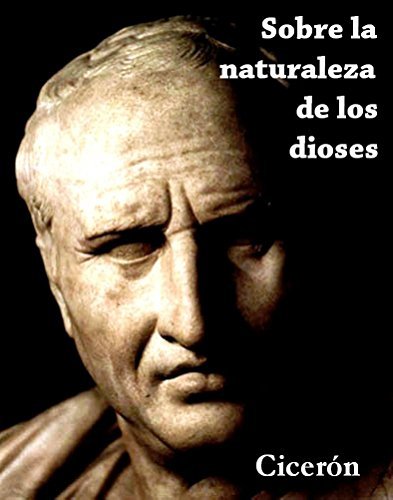What do you think?
Rate this book


220 pages, Kindle Edition
First published January 1, 46
ãHow splendid it would be, Velleius, if you were to admit ignorance of what you do not know, rather than puking and feeling disgust with yourself for uttering such balderdash!ã�
ãThe gods reveal signs of future events, and if individuals go astray in interpreting these, the fault lies not with the nature of the gods but with the inferences made by humans.ã�
ãMan has emerged for the contemplation and imitation of the universe; though he is in no way perfect, in a sense he is a fragment of perfection.ã�
ãTo turn now to our fundamental possessions of mind, intelligence, reason, prudence, and wisdom, any person who does not realize that these have been brought to perfection by divine supervision seems to me to lack those very qualities.ã�
ãEither God wishes to remove evils and cannot, or he can do so and is unwilling, or he has neither the will nor the power, or he has both the will and the power. If he has the will but not the power, he is a weakling, and this is not characteristic of God. If he has the power but not the will, he is grudging, and this is a trait equally foreign to God. If he has neither the will nor the power, he is both grudging and weak, and is therefore not divine. If he has both the will and the power (and this is the sole circumstance appropriate to God), what is the source of evils, or why does God not dispel them?ã�
ãThis attitude is surely justified, for we ourselves rightly gain praise for virtue, and we rightly take pride in it. This would not be the case if we obtained it as a gift from God, and if it did not emanate from ourselves. On the other hand, if we gain distinctions or family property, or if we obtain some other unlooked-for blessing, or shrug off some misfortune, we then thank the gods, and we believe that nothing has accrued to our own praise. Did anyone, I ask, ever thank the gods for being a good person?ã�
ãWhether poets have corrupted Stoics, or Stoics have lent their authority to poets, I can not readily say, for both groups recount marvels and monstrous deeds.ã�
(The following are some quotes from Walshãs introduction.)
ãIn contrast to the Greek literary depiction of gods as fallible human beings writ large, the Roman deities are impersonal and remote.ã�
ãBehind all this ceremonial lies the fundamental fact that Roman religion was a bargaining religion. Roman commanders in the field vowed public thanksgivings and shrines provided that victory was granted them. The characteristic formula in ceremonial prayer is: ãIf you deities duly lend your aid, we in return will reward you.ãã�
ãIn describing this atmospheric current of fire which pervades the world, the Stoics alternate between scientific and religious language; at one time they call it fiery breath, and at another the divine element, or Providence, or Reason, or Destiny, or Necessity.ã�